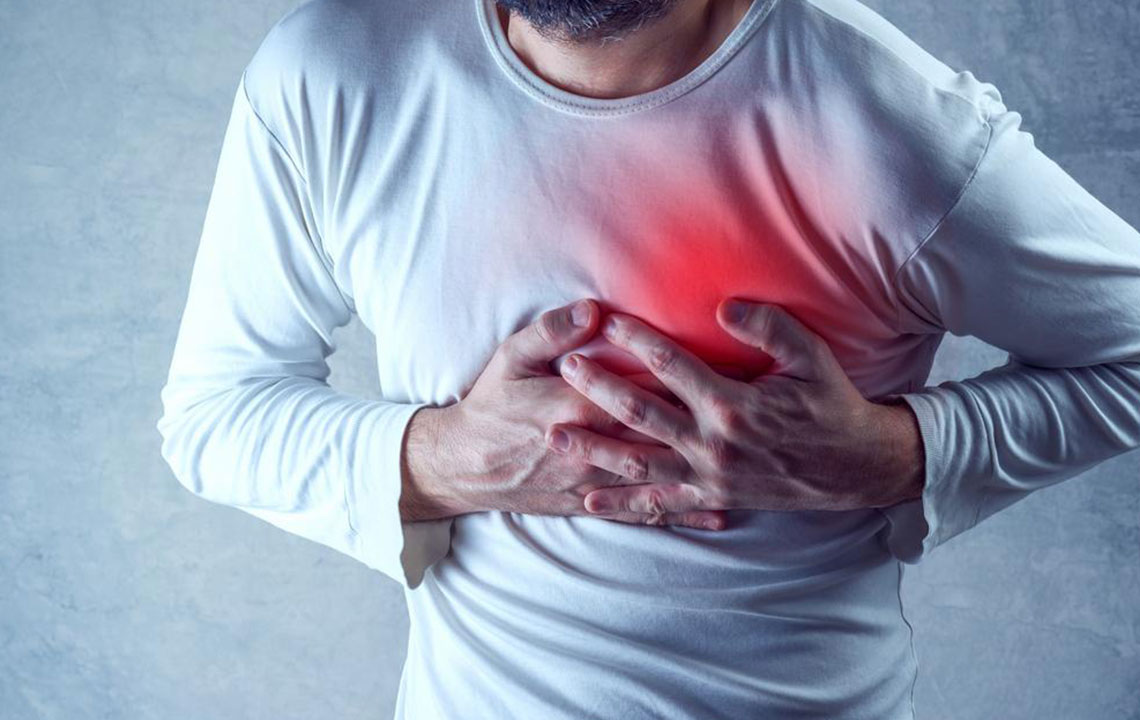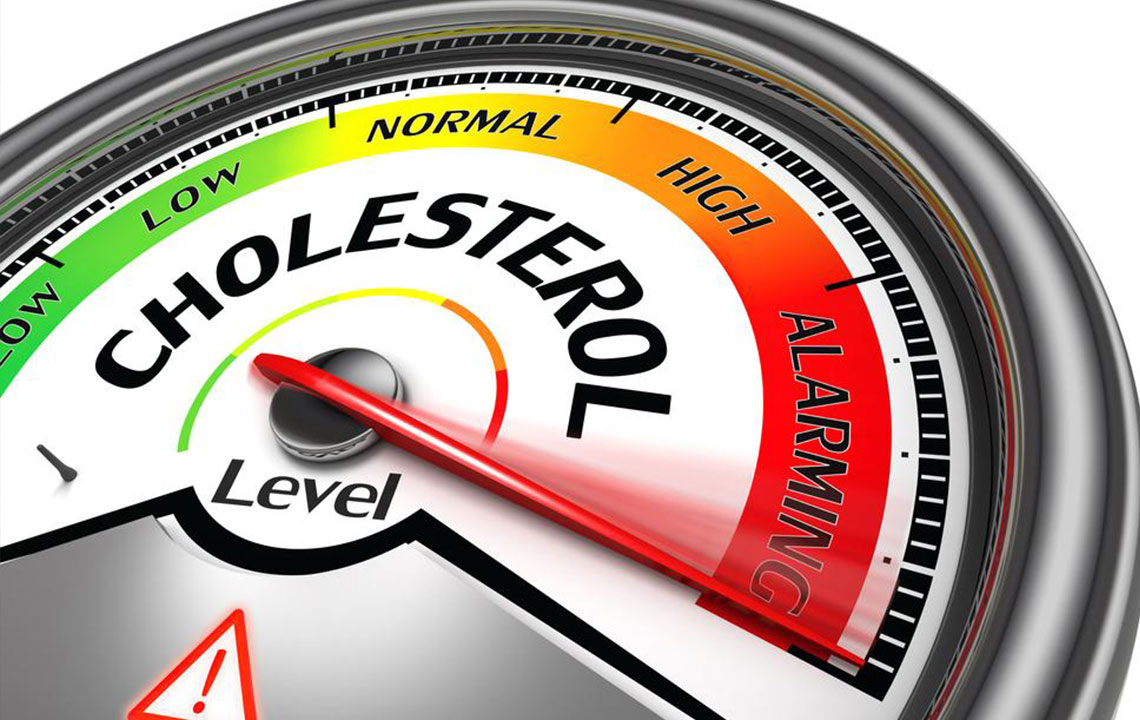Understanding the Causes and Symptoms of Elevated LDL Cholesterol Levels
Learn about the primary causes and symptoms of high LDL cholesterol, including unhealthy diet, obesity, sedentary lifestyle, smoking, and diabetes. Discover how to identify elevated levels through blood tests and adopt lifestyle changes to protect your heart health. Regular exercise, a balanced diet, and medical consultation are key to maintaining healthy cholesterol levels and preventing cardiovascular diseases.

Understanding the Causes and Symptoms of Elevated LDL Cholesterol Levels
Excessive cholesterol in your bloodstream can result in serious health issues, primarily increasing the risk of heart attacks. Cholesterol is a fatty substance found in your blood, and when unregulated fats deposit in your arteries, it can block blood flow to the heart, leading to cardiac emergencies. Maintaining balanced cholesterol levels is vital for cardiovascular health.
Cholesterol consists of Low-density Lipoprotein (LDL) and High-density Lipoprotein (HDL). LDL is considered the "bad" cholesterol, and reducing its level is crucial. Below are common causes behind elevated LDL cholesterol.
Unhealthy Diet
Consuming foods high in saturated and trans fats significantly raises LDL cholesterol levels. Limiting these foods can help manage cholesterol effectively.
Excess Body Weight
Obesity indicates excess body fat, which often correlates with increased LDL levels.
Inadequate Physical Activity
Regular exercise promotes the production of HDL (good cholesterol) and reduces LDL levels by burning fats. Sedentary lifestyles contribute to higher LDL levels.
Smoking and Tobacco Use
Smoking damages blood vessel walls, making them prone to fat buildup.
Diabetes Mellitus
High blood sugar levels can elevate LDL cholesterol, increasing cardiovascular risk.
Recognizing High LDL Cholesterol Symptoms
Usually, high cholesterol shows no specific symptoms. However, recurrent chest pain may indicate elevated cholesterol levels. The most reliable method for detection is a blood test, where levels exceeding 240 mg/dL suggest hypercholesterolemia. To prevent heart issues, adopting a healthy diet, exercising regularly, and consulting your healthcare provider are essential for managing cholesterol levels.










